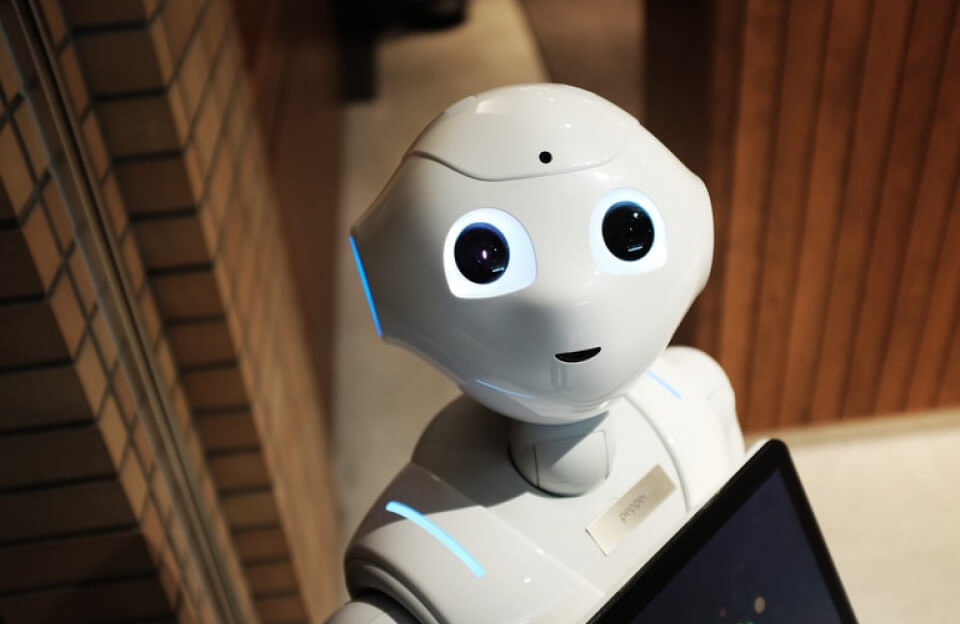In the early 1950s, a Black woman named Henrietta Lacks visited Johns Hopkins Hospital with cervical cancer. Without her knowledge or consent, doctors took cells from her tumor—cells that later became known as HeLa cells. These cells would revolutionize medical research. But her story is also a powerful reminder about ethics, consent, and how science depends on human contributions. Johns Hopkins Medicine+2Wikipedia+2
Who Was Henrietta Lacks?
Henrietta Lacks was a tobacco farmer born in Virginia. She was diagnosed with a particularly aggressive form of cervical cancer at age 31. While doctors treated her, they also took tissue samples. Henrietta died later in 1951, but her cells survived—and kept multiplying in labs. Wikipedia+2Smithsonian Magazine+2
What Are HeLa Cells and Why Are They Important?
- Immortal Cell Line: Unlike most human cells that die after a few divisions, HeLa cells divide endlessly under lab conditions. Smithsonian Magazine+2HISTORY+2
- Scientific Impact: They’ve been key in many breakthroughs—polio vaccine development, gene mapping, cancer research, studying viruses (including COVID-19), fertility research, space biology, toxins, etc. BBC+3Smithsonian Magazine+3Johns Hopkins Medicine+3
Ethical Problems and Consent Issues
- No Consent: When doctors took her cells, Henrietta Lacks was not informed. She didn’t know her cells would be used in research. Wikipedia+1
- Lack of Recognition and Benefit for Family: Her family was not told for many years, received no payment, and lived in poverty while her cells were used commercially. Wikipedia+2HISTORY+2
- Privacy Concerns: For decades, the identity of the donor was hidden. Later, when genetic data was published, the family raised concerns about privacy. Wikipedia+1
Why Her Story Still Matters Today
- Informed Consent Laws: Her case helped push for stricter rules about how human tissues are used in research. Patients must be informed and agree. Wikipedia+1
- Bioethics & Justice: It raises questions about racial inequality in medicine and exploitation of marginalized communities. Wikipedia+1
- Ownership and Profit: Who should benefit when bodies or cells are used for profit? Henrietta Lacks’ family has filed lawsuits over HeLa cell profits without compensation. Reuters+1
- Science depends on human samples: Modern science—vaccines, medical treatments, genetic studies—often needs human cells. But with rights, respect and ethics. Johns Hopkins Medicine+2Wikipedia+2
Lessons You Can Take From the Story
- Always ask questions: If you’re giving a sample—for example, for medical tests—understand how it may be used.
- Understand your rights: Laws differ by country, but many places have evolved regulations about consent and tissue use.
- Science and ethics can’t be separated: Progress is powerful, but it must respect human dignity.
- Recognize human stories behind scientific breakthroughs: Every cell line, tissue sample, or dataset has a history—people, lives, and sometimes injustice.
Conclusion
The Henrietta Lacks story is more than a medical milestone—the story is a reminder that science does need your cells. But it needs them with respect, transparency, and fairness. As medicine and biotech advance, the ethical lessons from her life continue to guide how we think, how we research, and who we include in progress.
